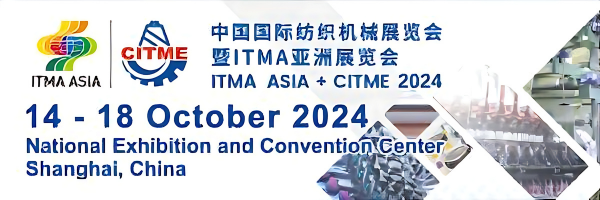Bangladesh, once grappling with economic devastation and poverty, has emerged as a global textile powerhouse, offering valuable lessons for aspiring African economies. Following its independence in the 1970s, Bangladesh transformed from an agrarian society into an industrial giant, primarily driven by its textile and apparel sector.
The pivotal shift in Bangladesh’s fortunes was marked by the adoption of market-oriented policies, including trade liberalization and privatization, which catalyzed a surge in garment exports. Ready-to-wear clothing became the linchpin of Bangladesh’s economic growth, propelling it to become the 35th largest economy globally. Notably, Bangladesh’s remarkable success story has been characterized by a substantial reduction in poverty and a significant increase in employment opportunities.
As Bangladesh eyes diversification away from single-sector dependence, Africa emerges as a promising frontier for textile and apparel manufacturing. Endowed with abundant renewable resources and a vast workforce, African nations possess the essential ingredients for industrialization. Unlike Bangladesh, Africa boasts a significant advantage with its homegrown cotton production, presenting lucrative opportunities for the textile sector’s expansion.
Efforts to foster industrialization in Africa align with Bangladesh’s aspirations for economic diversification. Bangladesh’s renowned industrialization policies, such as duty-free machinery imports and preferential trade agreements, have paved the way for the country’s remarkable garment sector growth. With 84% of export revenues stemming from apparel, Bangladesh serves as a beacon of success for inclusive industrialization.
However, the apparel industry’s reliance on cheap labor necessitates a shift towards sustainable growth models. Bangladesh’s journey underscores the importance of inclusivity, particularly in empowering women within the workforce. Initiatives like Better Work and Gender Equality and Returns have played a pivotal role in improving working conditions and promoting gender diversity, leading to significant social and economic advancements.
Drawing from Bangladesh’s success trajectory, Africa embarks on its own industrialization journey, facilitated by initiatives like the African Growth and Opportunity Act (AGOA) and cross-regional manufacturing partnerships. IFC’s efforts to facilitate collaboration between African manufacturers and established textile hubs like Bangladesh and Sri Lanka signify a promising step towards sustainable and resilient economic development in Africa.
Africa’s burgeoning textile and apparel industry holds the potential to usher in a new era of economic prosperity, akin to the success witnessed in Bangladesh. With strategic investments and collaborative partnerships, Africa stands poised to carve out its path towards inclusive and sustainable industrialization, marking a significant milestone in the continent’s economic transformation.

















